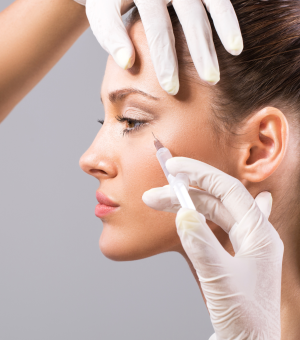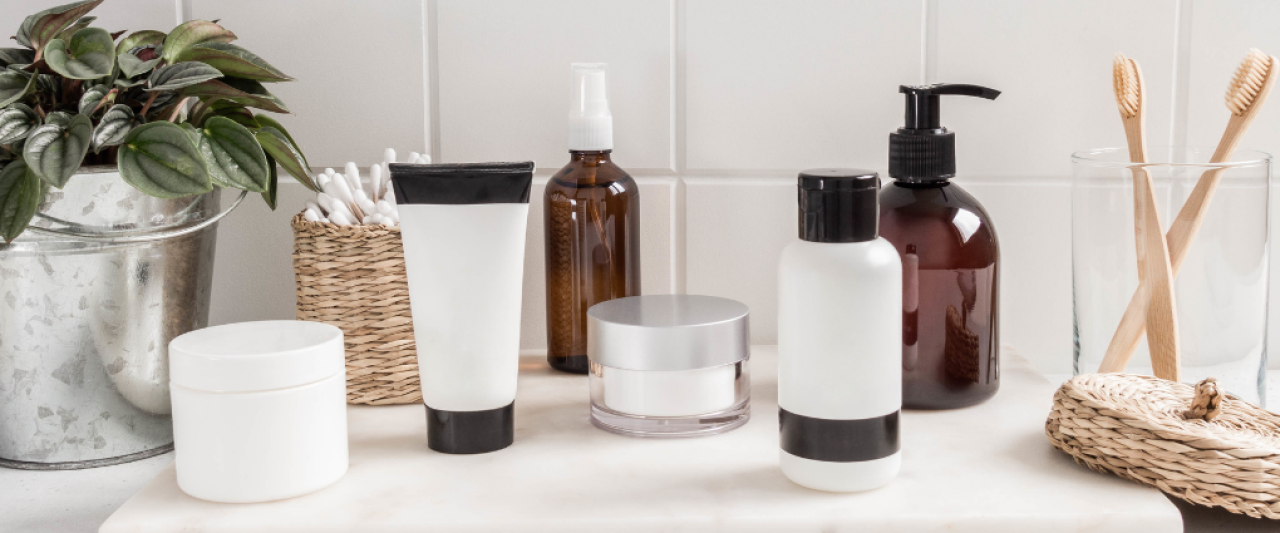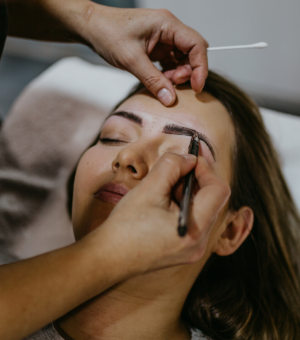Skincare tips for men
Here are some tips that will help you cover the essentials. You’ll want to make modifications to which ingredients you use based on age and whether you have acne-prone or sensitive skin.
Find the right cleanser
If your skin feels dry or tight after cleansing, it’s time to look for a gentler cleanser. A harsh cleanser could make you oilier than before, leaving you battling breakouts as your skin tries to rehydrate itself by producing even more oil.
If you’re prone to breakouts, look for exfoliating and acne-fighting ingredients like:
LHA (lipo-hydroxy acid)
Benzoyl peroxide
Salicylic acid
Glycolic acid
To repair and maintain your skin’s barrier, look for:
Ceramides
Niacinamide
Squalane
Handle your skin with care
After a long day or a sweaty workout, you’ll really want to get in there and clear those pores with your cleanser. But don’t be too rough. Let the products do the work and use slow, gentle motions to thoroughly cleanse your skin. No need for harsh scrubbing.
Stay safe in the sun (and out of it)
Did you know that sunburn significantly increases your risk of skin cancer? And without the proper protection, anyone can get sunburnt. That’s why no matter your skin tone, sunscreen is essential. Dermatologists recommend a minimum of SPF 50.
Find out if a mineral or chemical sunscreen suits you better. Then wear it every day (yes, even inside and even when it’s overcast) and hang out in the shade whenever you can.
Understand how beards play into skincare
During the stubble phase, use an exfoliating scrub once or twice weekly especially if you tend to get ingrown hairs.
Once your beard grows in, keep it looking and feeling good with a beard conditioner or oil. Beard oils work best for men with normal or dry skin, while conditioners are a better option if you’re acne-prone. You can use these types of beard moisturizers in lieu of SPF in the areas where you’ve got a full beard to protect your skin.
If you decide to shave, do it at night or immediately after showering. That’s when the hair will be softest, lowering the risk of irritation.
Don’t be intimidated. Have a little fun!
Skincare is for everyone. You might be surprised at how much you enjoy a luxurious face mask on a Sunday evening or adding a new hydrating serum to your daily routine.
When to consult a dermatologist
If you have acne that is painful, cystic or isn’t responding to a solid acne-fighting routine, you should reach out to a dermatologist.
It’s also important to keep an eye on moles. If they change in size or colour, consulting a dermatologist is your safest bet.
Remember, your skin is your largest organ. Take care of it and get it checked out if you’re ever experiencing persistent issues or feeling unsure.




